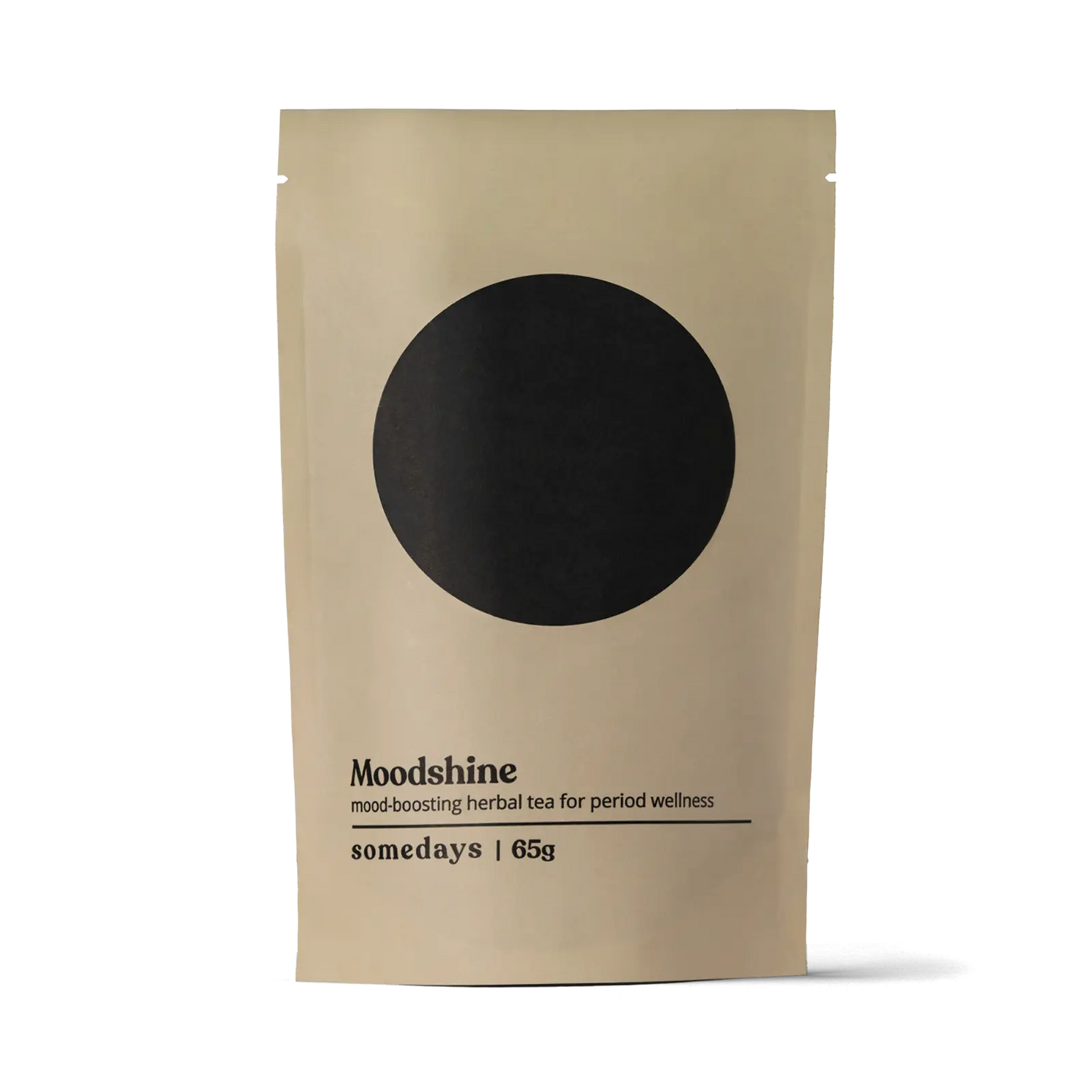Period Pain and Sleep: Tips for Getting a Good Night's Rest During Your Cycle

We've all been there. Your period starts, cramps and discomfort set in, and suddenly, a good night's sleep feels impossible. You’re not alone, and there are ways to improve your sleep even when period pain tries to keep you awake. As your big sisters in period pain relief we’ve got you – here are some helpful tips to manage period pain and sleep better during your cycle.
Understanding Period Pain and Sleep Disruptions
Period pain, also known as dysmenorrhea, can significantly disrupt your sleep. The combination of cramping, bloating, and hormonal changes can make it difficult to fall asleep and stay asleep. Understanding why this happens is the first step in finding solutions that work for you.
Why Period Pain Affects Sleep
- Hormonal Changes: Fluctuations in hormones like progesterone and estrogen can interfere with your body's natural sleep cycle.
- Physical Discomfort: Cramps, back pain, and headaches can make finding a comfortable sleeping position challenging.
- Mood Changes: Hormonal shifts can also affect your mood, leading to anxiety or depression, which can further disrupt sleep.
Sleep Tips During Periods
Here are some practical tips to help you get a good night's rest, despite that pesky period pain.
Create a Comfortable Sleep Environment
- Choose the Right Bedding: Opt for soft, breathable fabrics that help regulate body temperature. Period pain can make you feel hot and sweaty, so cooling sheets or ones made from natural fibers can be a great investment.
- A Dark and Quiet Room: Ensure your bedroom is dark and quiet. Use blackout curtains or get an eyes mask and consider earplugs or a white noise machine to block out disturbances.
- Temperature Control: Keep your room as cool as possible. A slightly lower temperature can help you fall asleep faster and stay asleep longer.
Pain Management Techniques
- Heat Therapy: A heat pad on your lower abdomen can help relieve cramps. The heat relaxes the muscles and can provide significant pain relief, making it easier to fall asleep.
- Topical remedies: Ingredients like castor oil, arnica, marjoram flower are incredible for their anti-inflammatory properties. Try a Cramp Cream or Belly Jelly which can be a lifesaver for those uncomfy times. Massage it into your lower abdomen for soothing relief from cramps.
- Baths: Baths are excellent for period pain relief because the warm water helps relax tense muscles and improve blood circulation, which can alleviate cramping. Additionally, a soothing bath can reduce stress and provide a calming environment that enhances overall comfort during your period. Taking a warm magnesium bath before bed can help relax your muscles and reduce pain. The calming effects of magnesium can also promote better sleep.
Herbal Remedies
- Red Raspberry Leaf Tea: This herbal tea is known for its ability to ease menstrual cramps and improve uterine health. Drinking a cup before bed can help relax your muscles and reduce pain.
- Moonshine Tea: A blend of Strawberry Leaf, Rosehip, Hibiscus, Nettle, Chamomile, Crampbark, Ginger, Marshmallow, Rose, Lemon balm, Vitex, Dandelion leaf, Tulsi, Dried Strawberry pieces and Beet root. These plant medicines known for their ability to ease PMS, stabilize mood fluctuations and support overall cycle wellness.
Relaxation Techniques
- Deep Breathing: Practice deep breathing exercises to help relax your body and mind. This can reduce stress and help you fall asleep more easily.
- Meditation: Guided meditation or mindfulness practices can help calm your mind and reduce the perception of pain, making it easier to sleep.
- Gentle Yoga: Light stretching or yoga before bed can relieve tension and pain in your muscles, helping you to relax and fall asleep more easily. Elevating your legs up the wall is a great sleep enhancement - wrapping them together tightly with a small blanket can make this practise even more relaxing.
Managing Bloating and Sleep
Bloating is another common period symptom that can make sleep difficult. Here are some tips to manage bloating and improve your sleep.
- Hydrate: Drink plenty of water throughout the day. Hydration helps reduce bloating by flushing out excess sodium and reducing water retention.
- Be mindful of certain foods: Try to avoid foods that cause bloating, such as beans, carbonated drinks, and high-sodium snacks. Instead, focus on foods that reduce bloating, like bananas, cucumbers, and yogurt.
- Gentle Exercise: Engage in light exercise, such as walking or stretching, to help reduce bloating and improve digestion.
The Importance of a Sleep Routine
Establishing a consistent sleep routine is crucial, especially during your period. Here’s how you can create one:
- Regular Bedtime: Do your best to go to bed and wake up at the same time every day, even on weekends. This helps regulate your body's internal clock.
- Wind Down: Create a relaxing pre-sleep routine. This could include reading, taking a warm bath, or listening to calming music.
- Limit Screen Time: Avoid screens at least an hour before bed. The blue light from phones and computers can interfere with your ability to fall asleep.
- Wear Something Comfy: Wear your favourite breathable fabrics that keep you the most cozy. Consider options like period underwear for leakproof protection overnight to give you peace of mind that you won't wake up to a bloody mess.
When to Seek Medical Advice
If your period pain is severe and consistently disrupts your sleep, it might be time to talk to a healthcare professional. Conditions like endometriosis or fibroids can cause intense pain and require medical treatment.
Think you may have endometriosis? Take our free online assessment here.
Getting a good night's sleep during your period can be challenging, but it’s not impossible. By creating a comfortable sleep environment, managing pain and bloating, and establishing a consistent sleep routine, you can improve your chances of resting well. Remember, everyone’s body is different, so it might take some time to find what works best for you. Don’t be afraid to experiment with different techniques and find the perfect combination that helps you sleep soundly through your cycle.
Sweet dreams!
Join our Betterdays community - a weekly newsletter where we break down the latest (TLDR) news, research and breakthroughs related to your reproductive health—with a splash of humour to get you through the tough days.
Previous Article All Articles Next Article
All Articles


